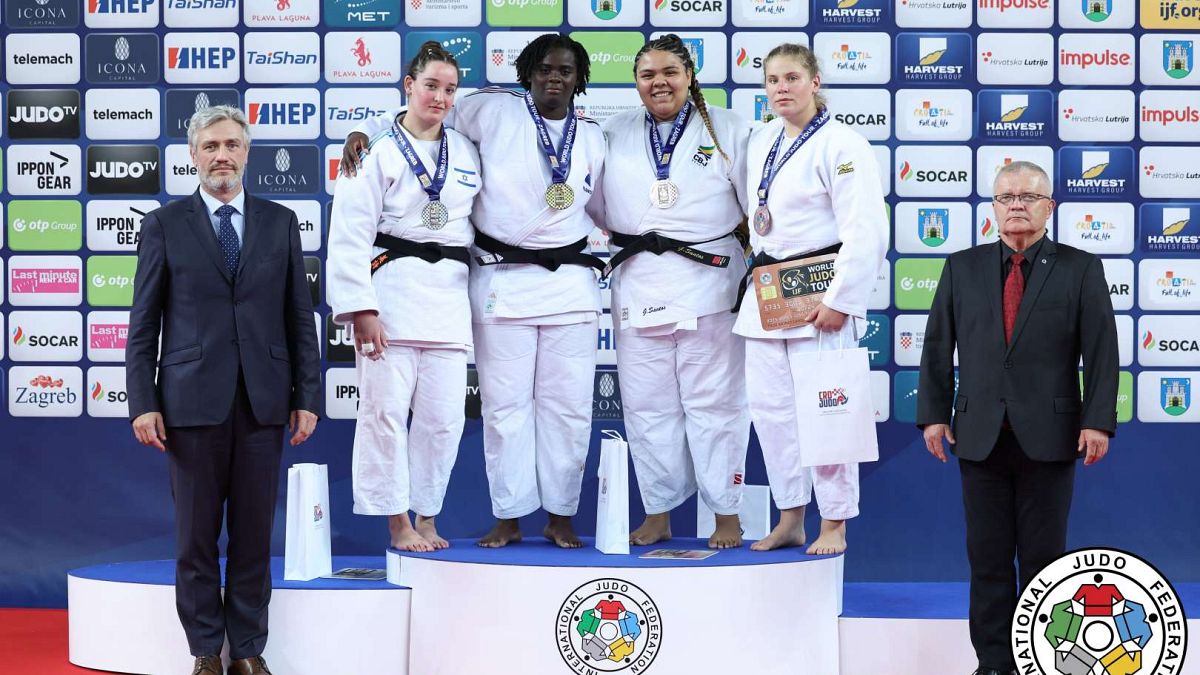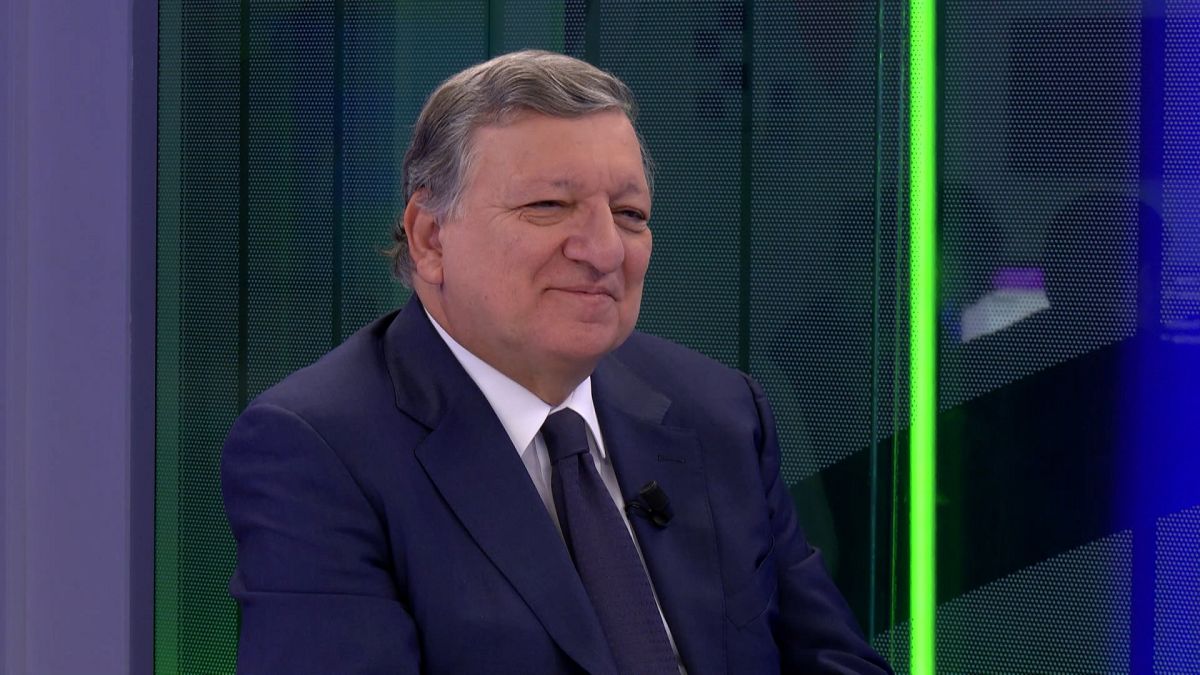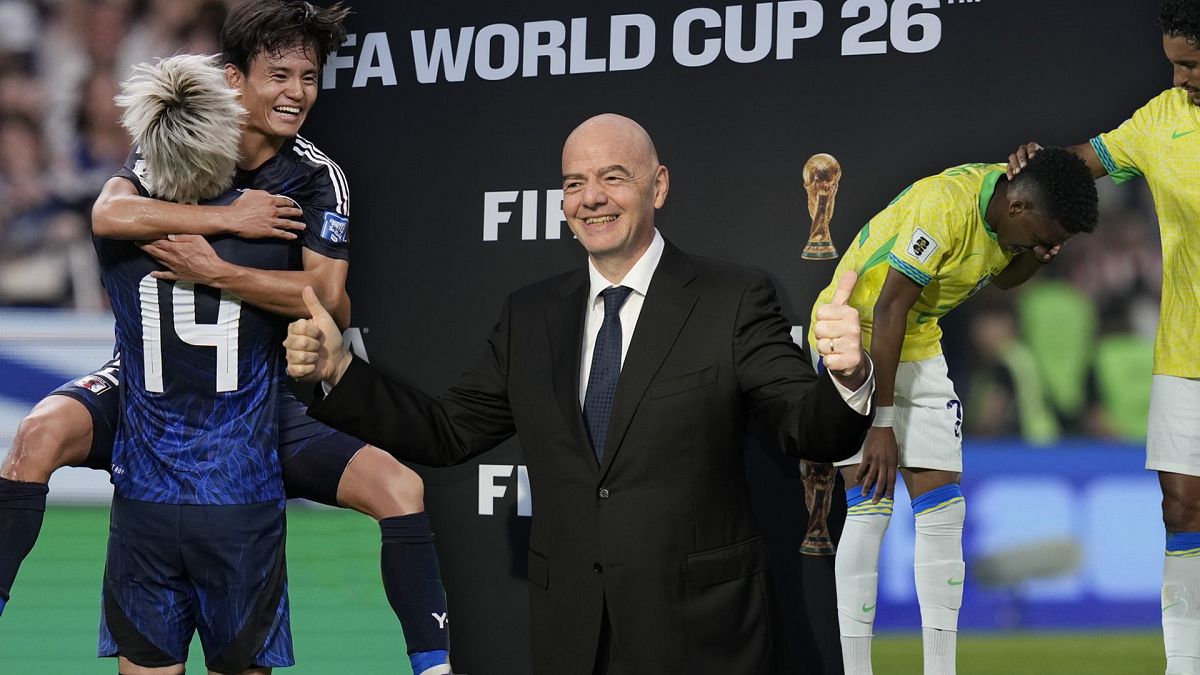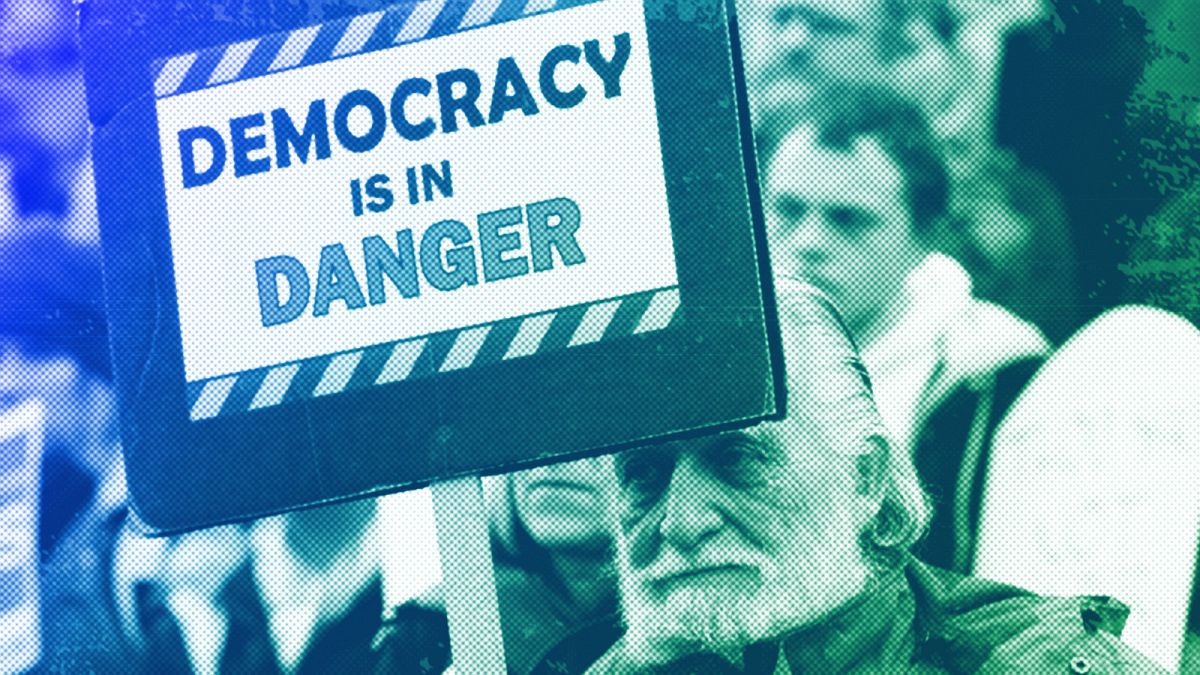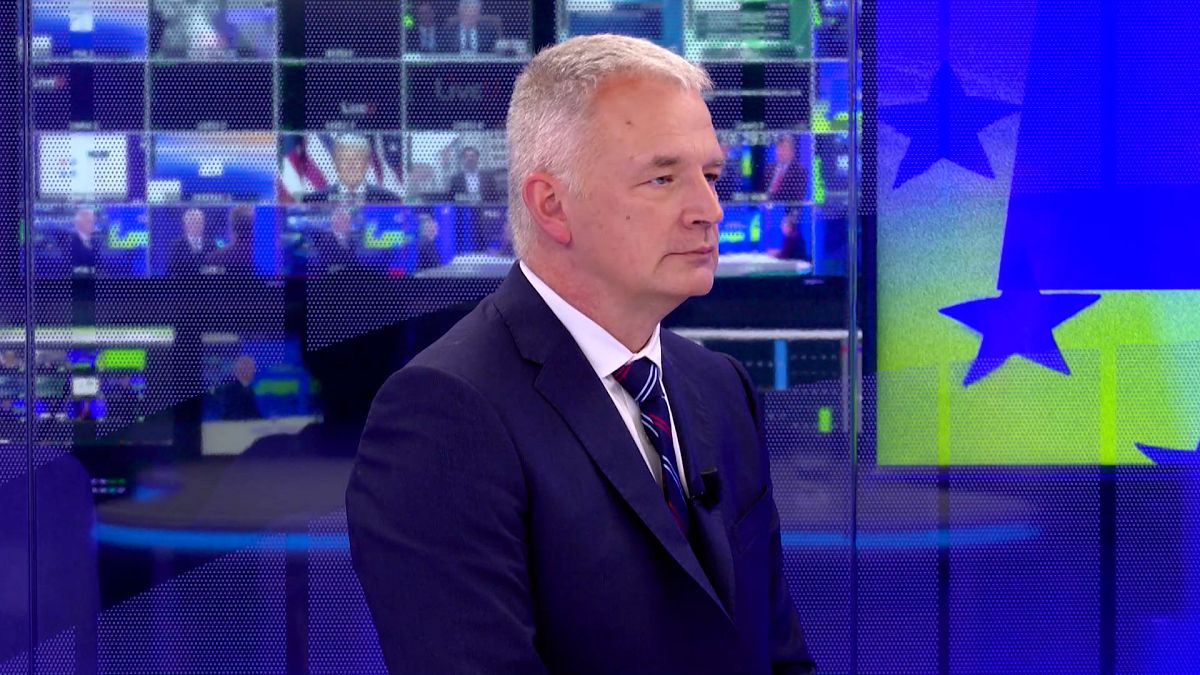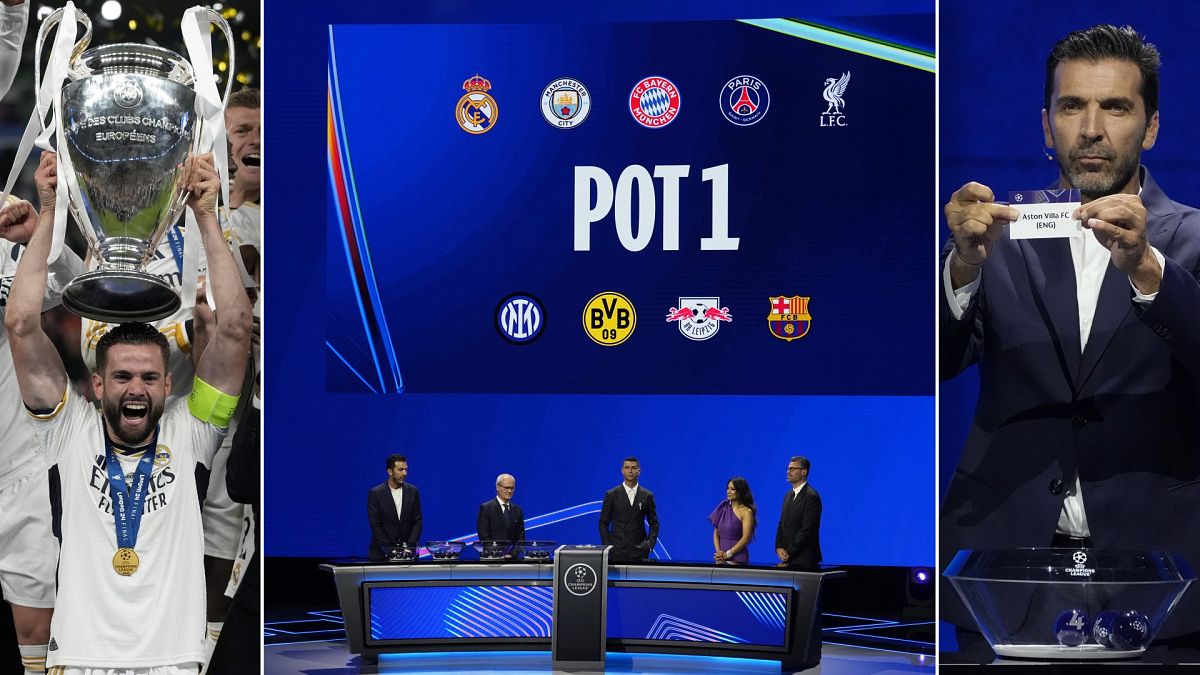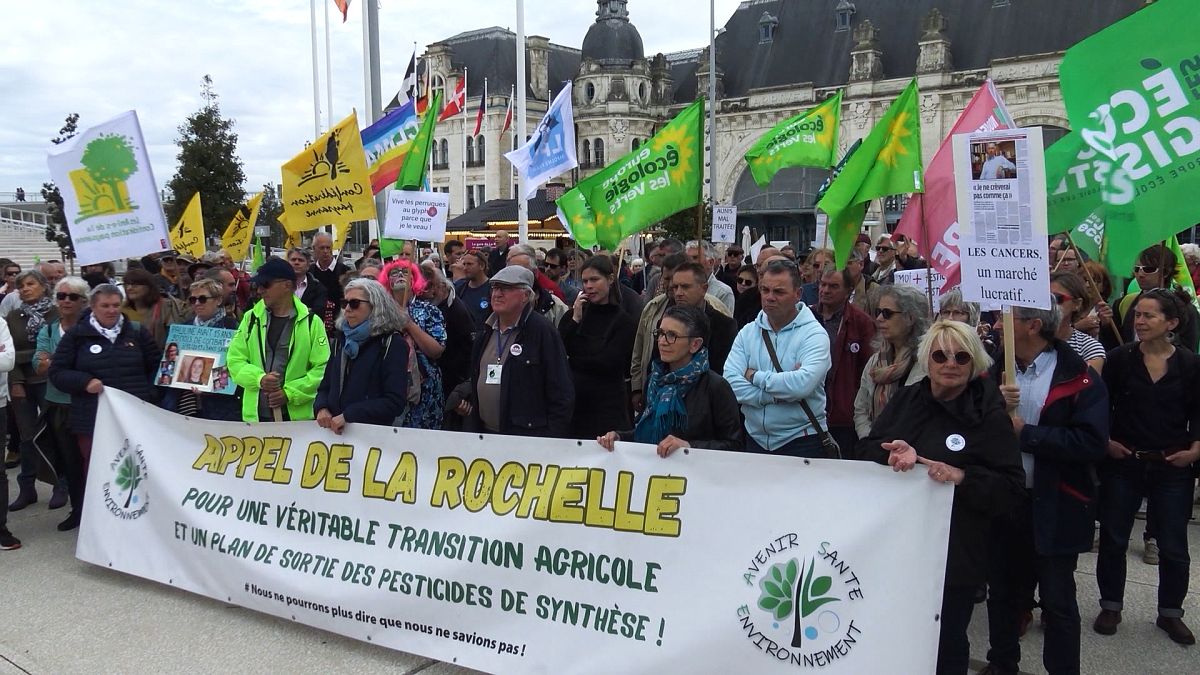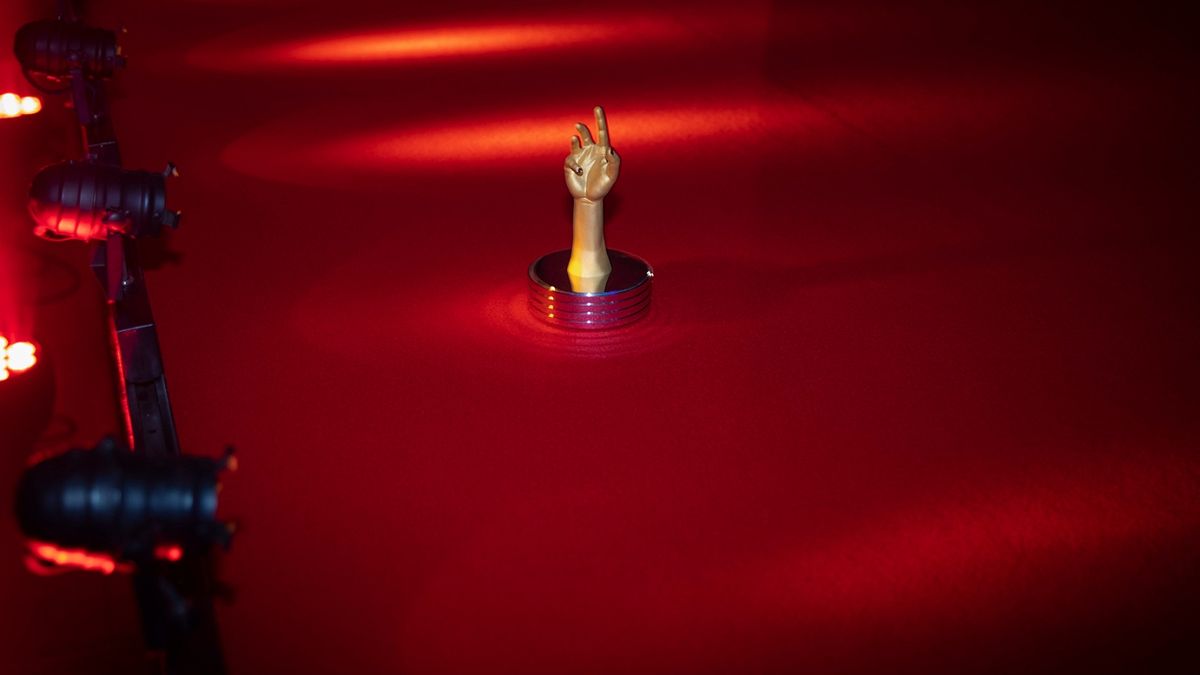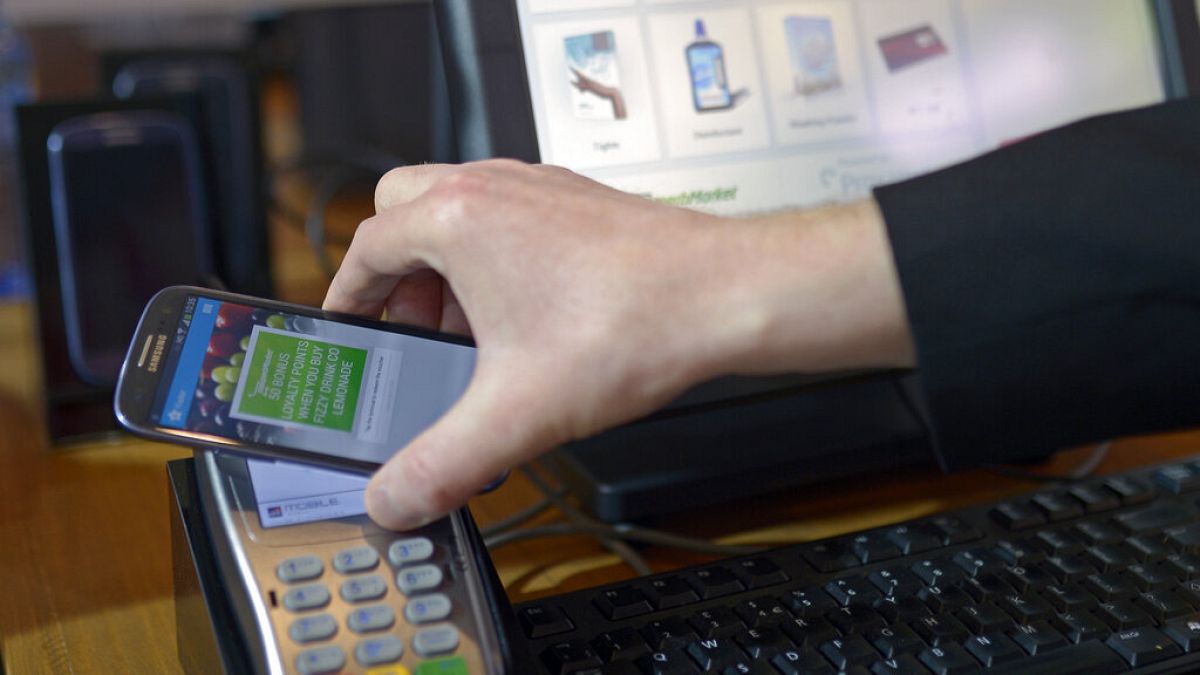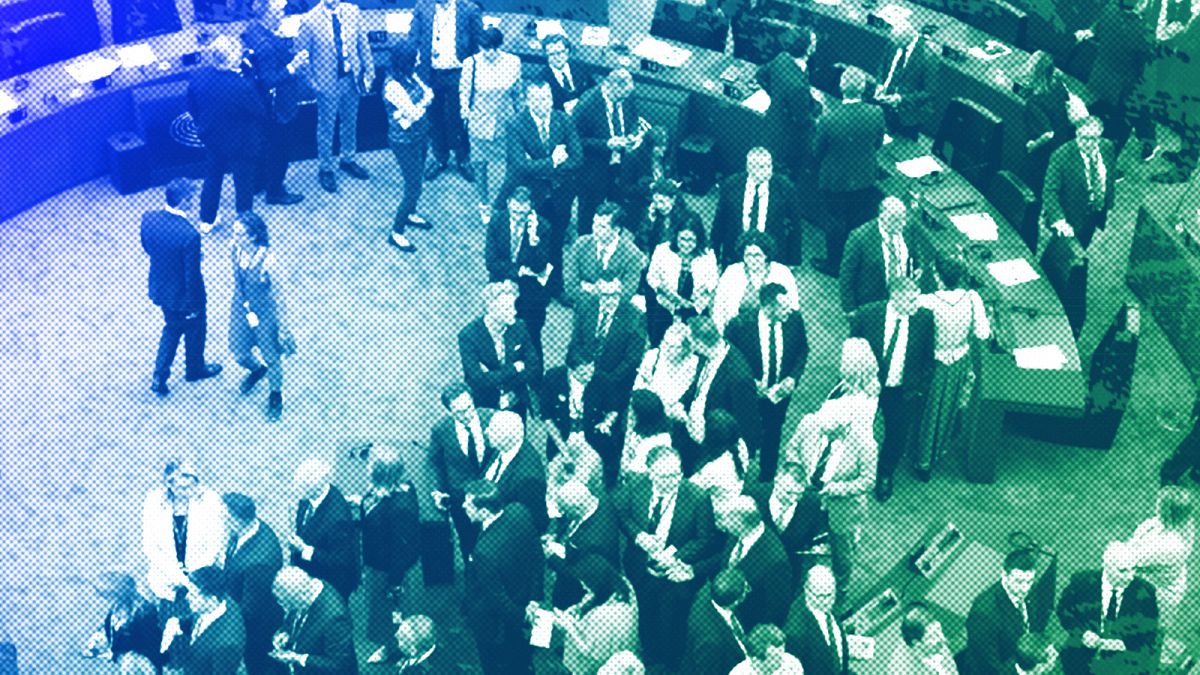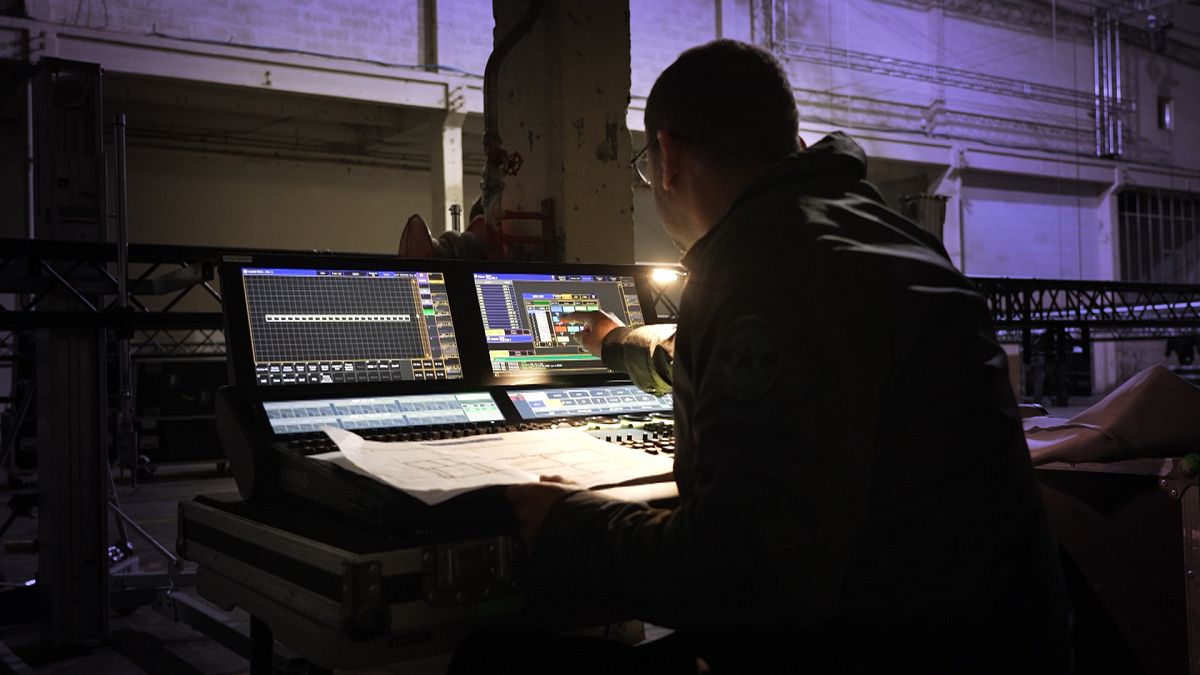How will the EU ‘derisk’ from China?
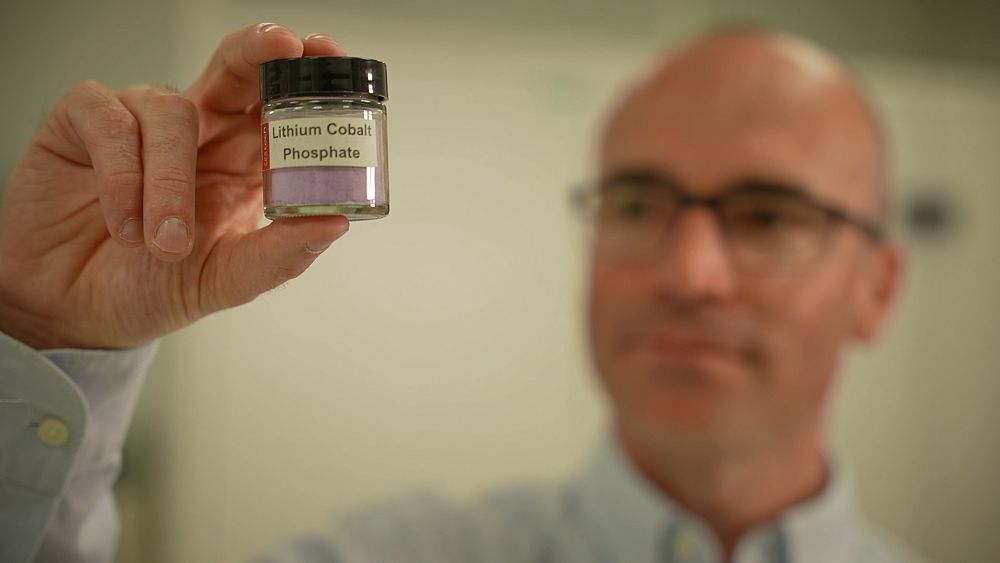
The EU is heavily dependent on China and other countries for the essential raw materials it uses for the production of telephones, electric vehicles or semiconductors. So how can it achieve its goal of ‘derisking’ the European economy?
Last March, in a speech at the Mercator Institute for China Studies, the President of the European Commission, Ursula von der Leyen, announced the European bloc’s intention to decrease economic dependence on China. Von der Leyen used the term “de-risking”, which indicates the need to reduce the risks associated with excessive dependence on Beijing.
China currently supplies 98-100 per cent of Europe’s heavy rare earth element needs, Turkey supplies 98 per cent of its boron needs, and South Africa, 71 per cent of its platinum needs.
But how will the European Union implement de-risking strategies when it relies on imports from China that are essential to building low-emission technologies for a greener future?
The creation of a stable and resilient economic environment
John Seaman from the French Institute of International Relations explained that the transition to a net zero society has made Europe increasingly dependent on China, as it needs more batteries for electric cars, solar panels and other renewable energy components.
“The question now is, how do you mitigate the risks relative to those dependencies? And how do you negotiate with China to ensure China doesn’t leverage its resources to the detriment of Europe’s own interests?” asked Seaman.
The EU put forward the European Critical Raw Materials Act in March 2023, and the Council of Europe later adopted its position on the proposal in June.
As part of a wider strategy, the EU is looking to diversify its supply chains in the digital, green and health industries, make better use of existing trade rules, defend critical sectors and increase trade with other countries.
Do these ambitions resonate with industrial players?
Emilie Jolivet, who works for the Yole Group, a consulting firm with its headquarters in Lyon, southeast France, thinks so: “Many of our clients are actually looking to regain control, particularly over packaging, which predominantly comes from China and Taiwan. They are seeking to relocate to Southeast Asia, for example”.
The EU also launched the European Chips Act with the aim of increasing the production capacity of chips to 20% of the global market’s needs by 2030.
“We cannot unravel supply chains that are complex and where the component cost is also very important. The effort made by the European Union to invest €43 billion is quite significant. It will not be enough to achieve complete autonomy in semiconductors, but it is already a first step towards mastering or re-mastering this industry,” said Jolivet.
France, leading the charge
The World Bank says the demand for critical raw materials is expected to increase by 500% by 2050 due to the acceleration of the green transition. France is pushing to rebuild supply chains, particularly for semiconductors and batteries.
The CEA is a French government-funded technological research organisation that carries out innovation projects throughout the industrial value chain. Simon Perraud, the deputy director of the Grenoble site, explained that France and Europe need to control and diversify the industrial value chains if they are to control their future energy systems.
“It is important to invest and continue research and development to support this entire industrial ecosystem, for example, by extending the autonomy of electric vehicles, using fewer critical materials in batteries, and developing battery recycling processes to recover more metals. And all of this at a lower cost” said Perraud.
Making batteries with fewer critical materials is the goal of French startup Olenergies. It develops Lithium Iron Phosphate (LFP) batteries without cobalt or manganese for massive renewable energy storage or to power data centres.
“We choose to use materials that can be found almost everywhere on the planet and can be easily recycled, which will allow us to manufacture batteries that have a lifespan of at least four times longer than conventional lithium batteries and, above all, are very responsive to digital optimisation,” said Julien Le Guennec, the CEO and founder of Olenergies.
New supply chains translate to increased costs
Less powerful but more environmentally friendly, these batteries are adaptable thanks to artificial intelligence. But, they cost 20% more than the ones imported from China. To stand out in the highly competitive LFP battery market, it is necessary to produce a large quantity quickly.
Olenergies hopes to open its first gigafactory by 2026, in a race for technological breakthroughs.
Sweden could also provide the answer, the Swedish state-owned mining company LKAB announced it discovered one million metric tonnes of rare earth metal in Kiruna, in the north of the country in January 2023.
While mining these all-important minerals will take time, it serves as Europe’s largest deposit. These metals are projected to become more important than fossil fuels in Europe’s transition towards greater renewable energy use.
It’s positive news for Europe, but as, John Seaman warns, rebuilding Europe’s supply chains will translate into higher prices and therefore, higher inflation.
Source: Euro News


